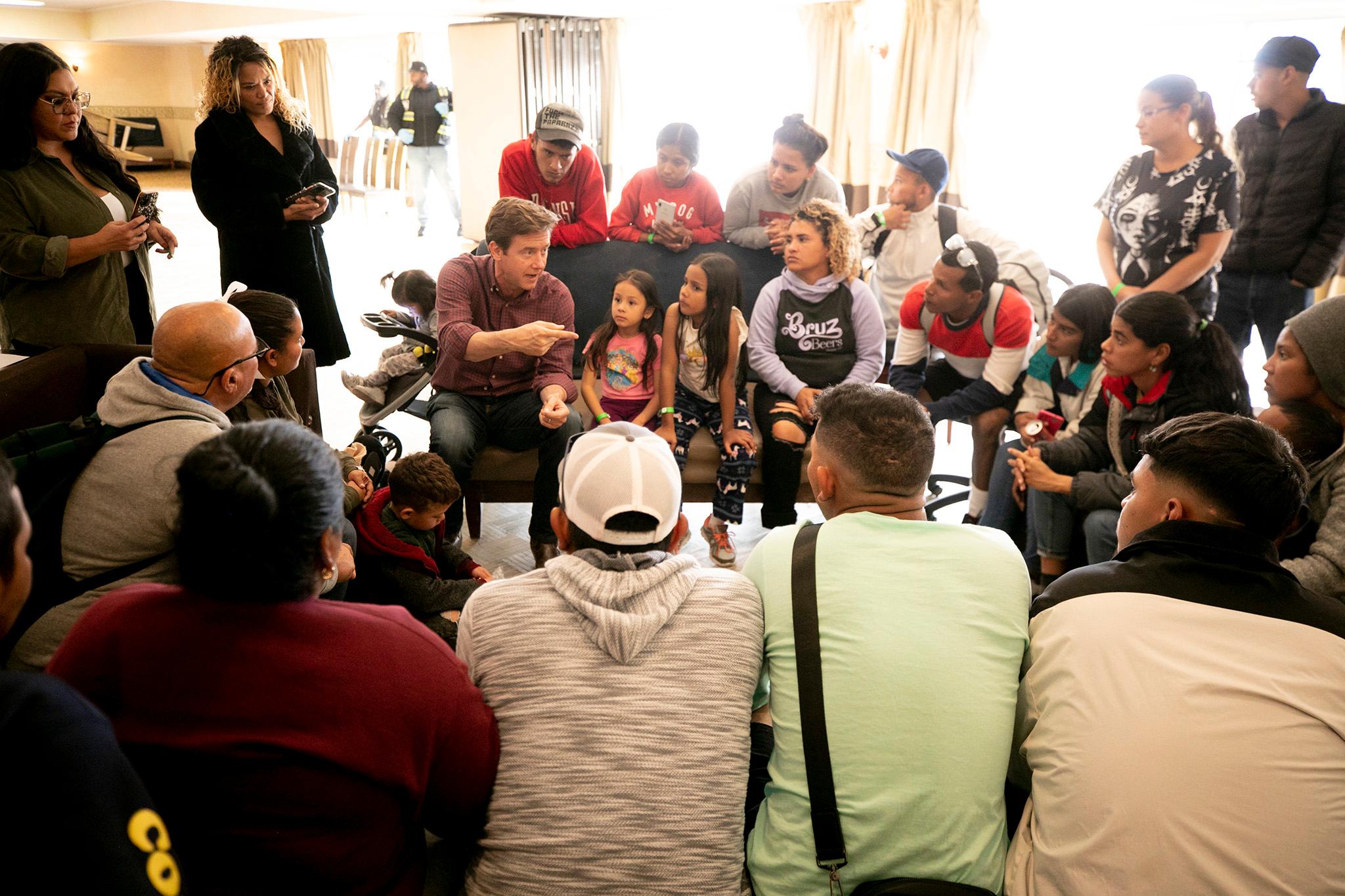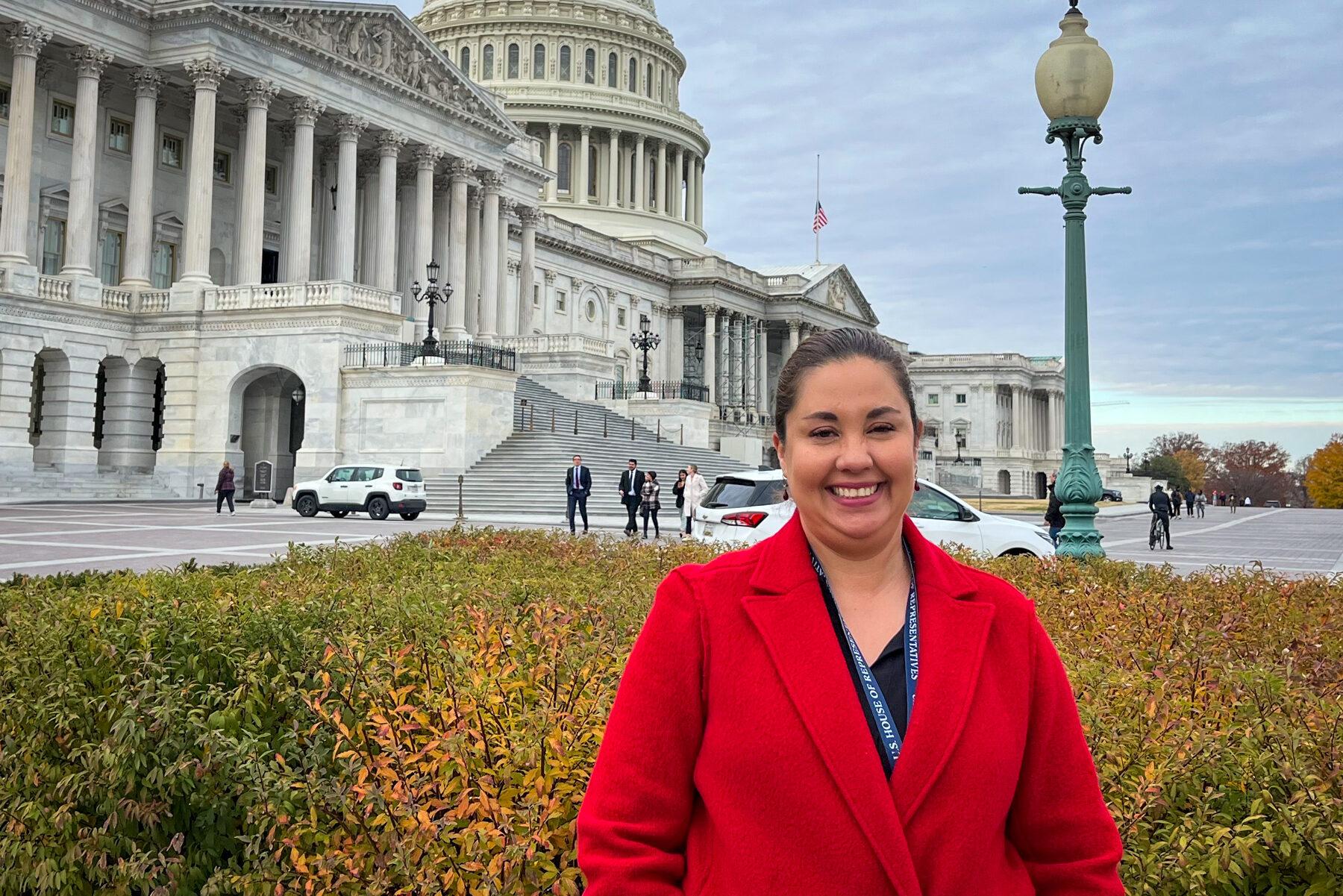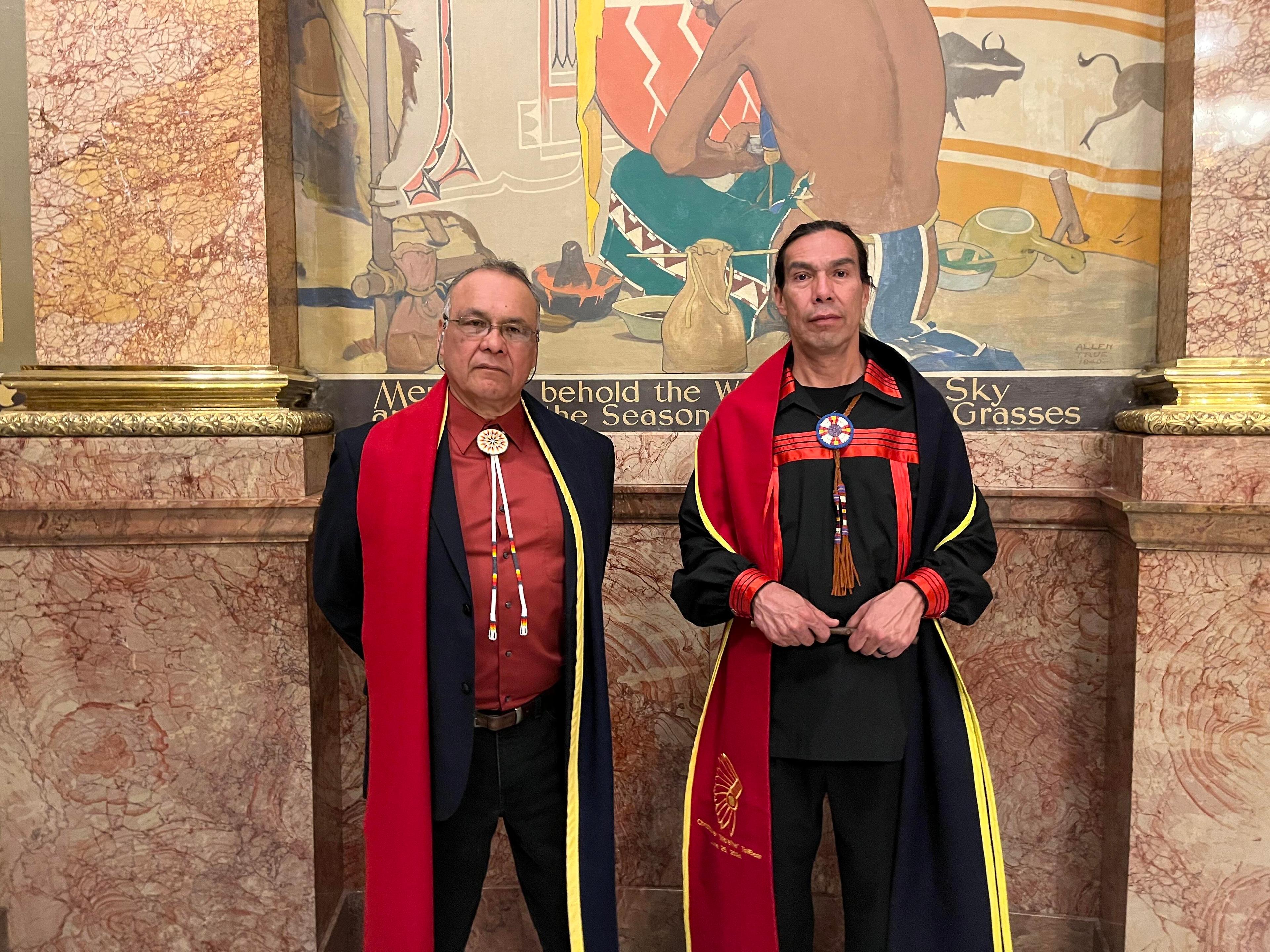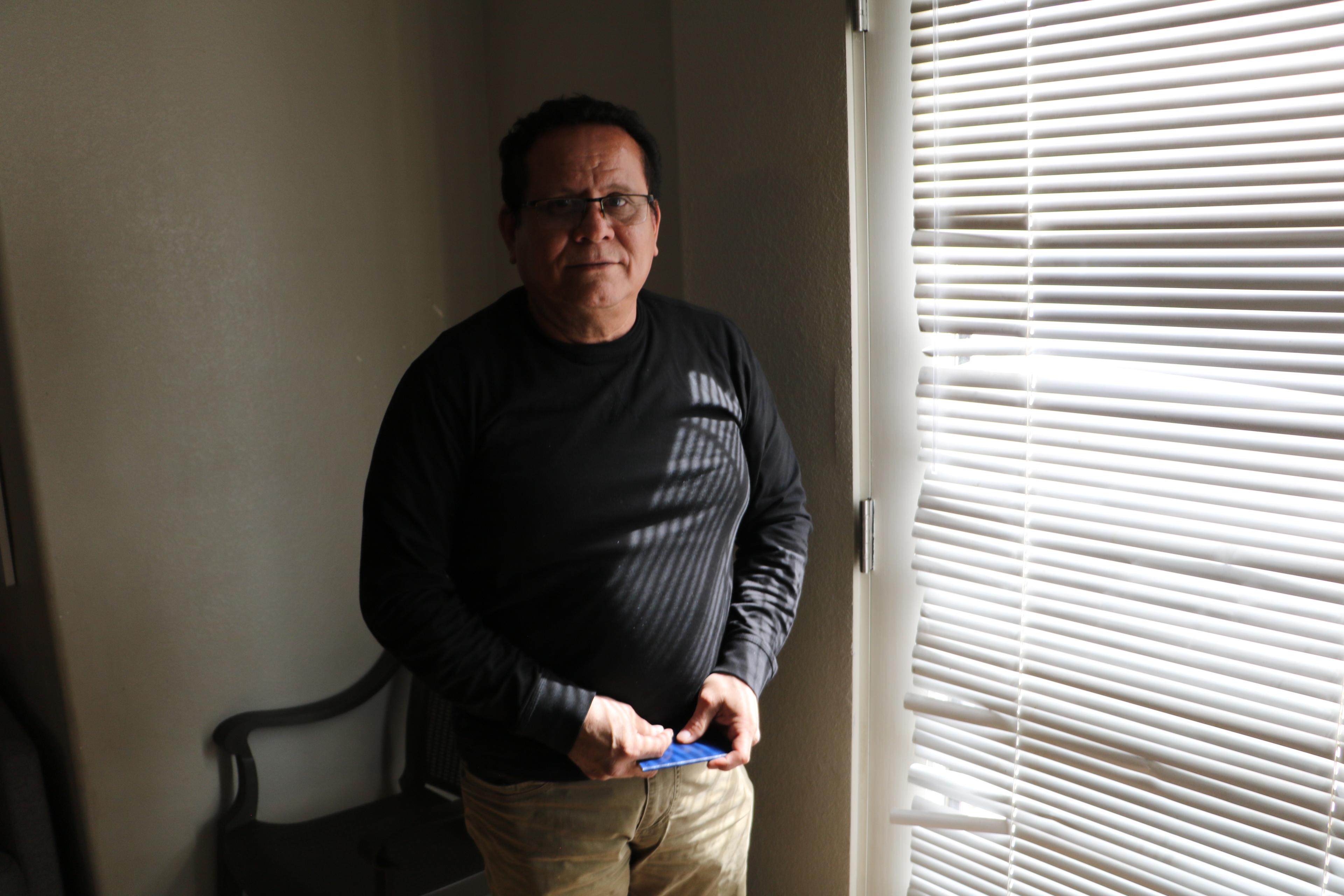
In early February, a poster circulating among online communities warned of Denver sending “thousands of migrants” to Lakewood. It also warned of the Lakewood City Council’s imminent plans to designate itself a “sanctuary city,” among several other false claims.
Shortly after the poster was sent out, the city refuted the claims. It stated that Lakewood officials met with Denver counterparts to discuss the ongoing arrivals of immigrants from the southern border and potential ways the cities could help each other. Lakewood officials also said they had no plans to consider becoming a “sanctuary city.”
What does it mean to be a ‘sanctuary city’?
Immigration experts, such as University of Colorado law professor Deep Gulasekaram, said the very concept of becoming a “sanctuary city” is flawed.
“There is no legal definition of sanctuary city,” Gulasekaram said. “It's a term that is an empty vessel in a sense, and so anybody from any part of the political spectrum can put into it what they want.”
Many cities pass ordinances to declare themselves a “welcoming city”, which are largely symbolic gestures that signal immigrants are welcome to start new lives there. From there, cities may choose to pass additional ordinances that build on that designation and create further protections and services for immigrants.
“San Francisco, for example, then added to its welcoming city ordinance, a city ordinance that said that for city purposes, officials are not going to ask about immigration status,” Gulasekaram said. “Now, you could go a little further than that and say, not only is your federal immigration status irrelevant to city services or public benefits within this area, you could say law enforcement officials are never going to, within our city, within our county, ask about your immigration status.”
Perhaps the furthest a city or jurisdiction can go to protect its new immigrant residents is placing limitations on how local law enforcement authorities can interact with federal immigration officials. But those come with their own limitations.
Cody Wofsy, deputy director of the ACLU’s Immigrants’ Rights Project, said even the most protective laws cannot stop the federal government from doing its job.
“The federal government always can go out and do its own investigations, make its own arrests,” he said. “It can do that anywhere in any city.”
A state law passed in 2019 grants some statewide protection to immigrants
In 2019, lawmakers passed HB19-1124, which grants protection to Colorado residents against the federal government. The bill, among other things, prevents law enforcement officers from arresting or detaining an individual on the basis of their immigration status. It also prevents authorities from providing an individual’s immigration status to federal officials.
Officers can continue to assist federal immigration enforcement officials with executing warrants issued by federal judges. The word “sanctuary” never appears in the bill.
The bill, like many state laws, takes precedence over local rules set by city councils or county authorities. However, the bill leaves room for cities to pass stronger protections.
For example, by the time HB19-1124 was passed, Denver had already passed its own immigrant protection ordinances.
Raquel Lane, communications manager with the Colorado Immigrant Rights Coalition, said those ordinances included the typical stipulations that prevent Denver officers from coordinating with federal entities. It also saw the creation of the Denver Immigrant Legal Services Fund.
“That's really focused on trying to help people naturalize if they can, to become citizens if they can, but also to help people who are in deportation proceedings who've been here for generations at this point so that they can stay here with their families,” Lane said.
Other cities are less likely to pass their own immigrant protections.
Officials from El Paso County and Colorado Springs called a press conference in late January to comment on the arrival of immigrants.
“Allow me to state unequivocally that we will not be designated as a sanctuary county,” said El Paso Board of Commissioners Chair Cami Bremer.
Cities can still sidestep state laws
Despite its protests, the county will continue to have to abide by the state’s minimum standard laws set for immigrant protection. However, Lane said there are ways that some cities and counties are able to continue loose enforcement of federal immigration laws.
“Even the most friendly cities to immigrants, including Denver, do still include provisions in their policies for law enforcement of [Immigration and Customs Enforcement] notifications,” Lane said. “Essentially it's when somebody's released from jail, the law enforcement will proactively do part of ICE's job for them, which is let them know when, where. But the law enforcement will go out their way to inform ICE about when somebody is being released.”
In recent years, state lawmakers have passed additional laws expanding immigrant protections. In 2023, lawmakers passed HB23-1100, which restricts the ability of local governments to detain immigrants on behalf of ICE.
- Interview: Sen. Michael Bennet on ‘chaos’ in the immigration system and prospects for comprehensive reform
- Migrant students in Denver and Aurora becoming a statewide issue to solve
- Why many new immigrants in Denver can’t get federal work permits — at least right away
- How to help new immigrants arriving in Denver — and what they say they need
- Why Denverite and CPR News are moving away from the term ‘migrants’ in our coverage









